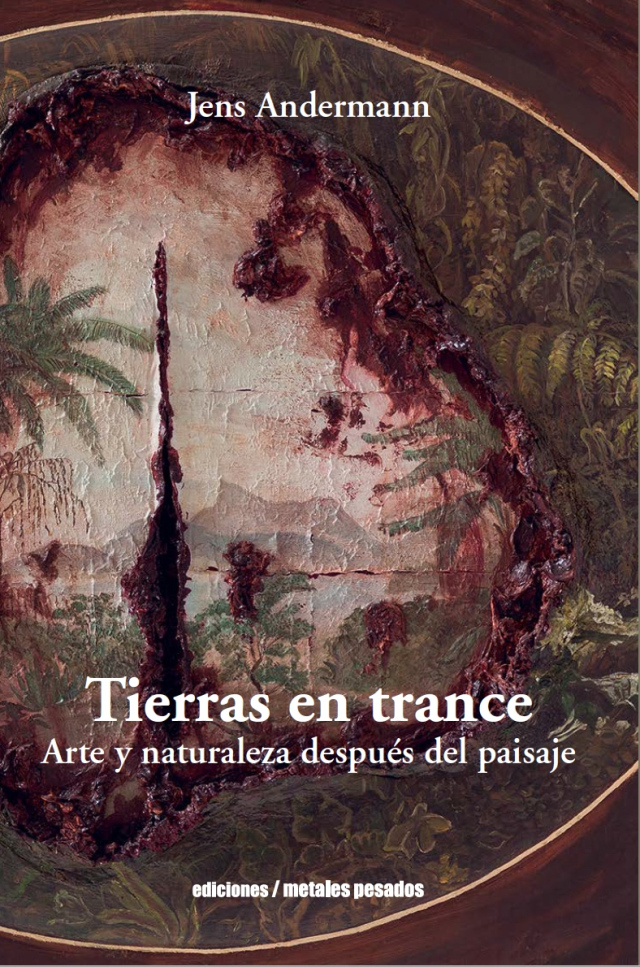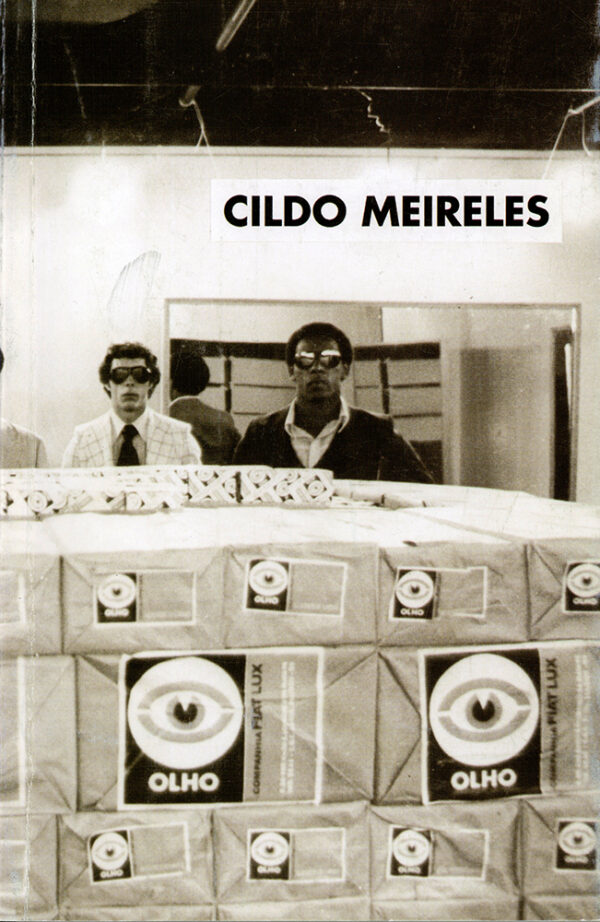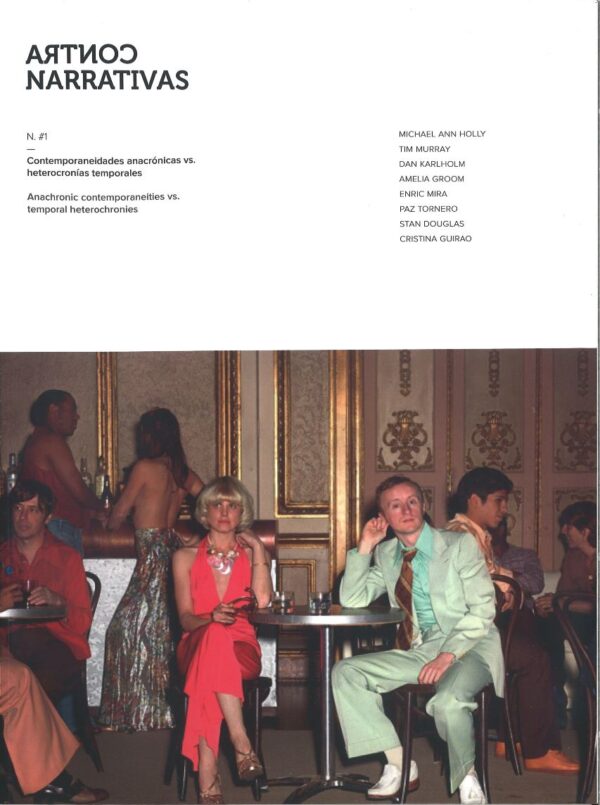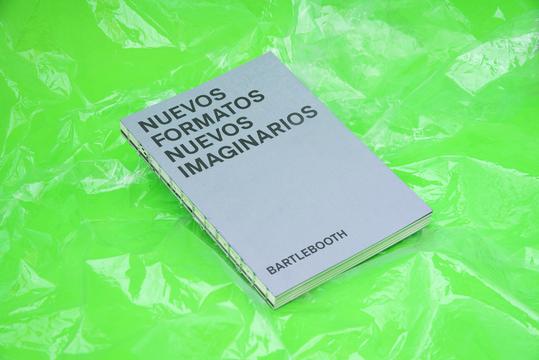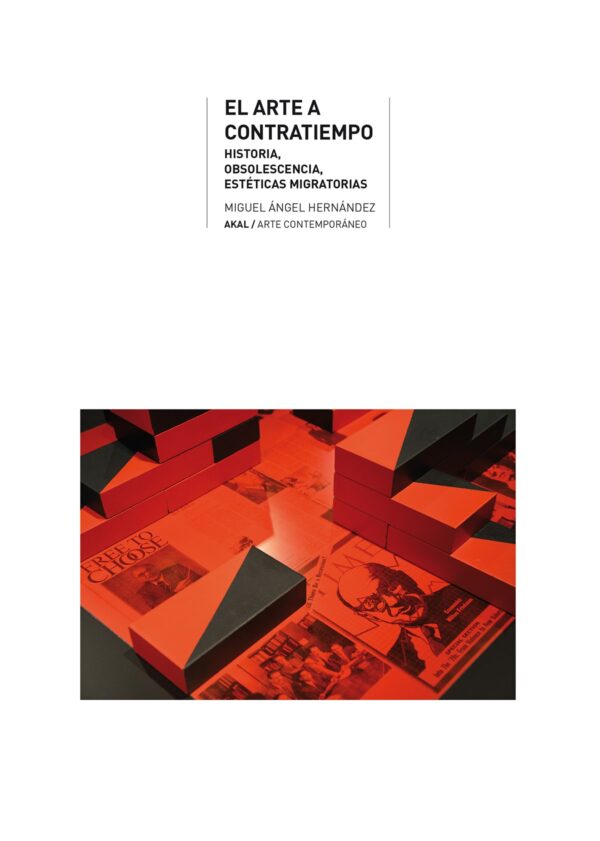Tierras en trance. Arte y naturaleza después del paisaje (Land in a trance. Art and nature after the landscape)
Title: Tierras en trance. Arte y naturaleza después del paisaje (Land in a trance. Art and nature after the landscape).
Publisher: Metales pesados.
Author: Jens Andermann.
Year of publication: 2018.
Number of pages: 464.
ISBN: 9789569843501.
25.00€
Estamos trabajando en nuestra web, de momento no es posible comprar libros través de nuestra tienda online. Para cualquier consulta escríbenos a info@artslibris.cat
Puedes reservarlo en info@artslibris.cat
In this dense and beautiful reflection, Jens Andermann introduces us to the logic of trance, a way of naming the Borromean knot that links the subject’s space and time with that of the community, both of which are split by violent displacements and temporal hiatuses. Thus, he looks for a fading object which, seen progressively, is directed at the hyper-object, the post-natural world, but which, in retrospect, can be read as the outline of a natural history of the anthropocene. In the author’s perspective, it is the story of a retraction, a bending of art in relation to its institutional framework, and a splitting of previous modes of aesthetic postulation of the world as “landscape.” The environment thus emerges as a “scene”, a fluid space-time complex that is not defined by the social exteriority of its forms, but by the internal dynamics of its forces. The trance of a thing is neither a part nor a state of it, but something that derives from it. That other place, similar to a container, is a transportable place with the exception that the container is never part of its content. Thus, insofar as it is separable from the thing, the trance is not the form, and insofar as it contains it, it is something other than matter. It teaches us that all space is parataxis: without origin or orientation, intense but not extensive, liminal from the limit. Trance is the silence or secret of art, its absolutely contemporary reconfiguration, through which the aesthetic is redefined as the very threshold of our unspecificity.
